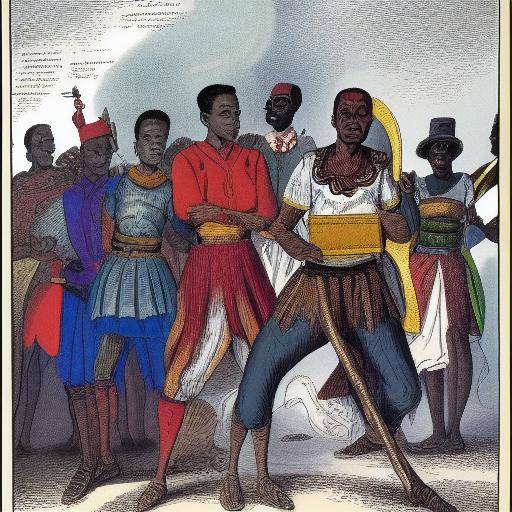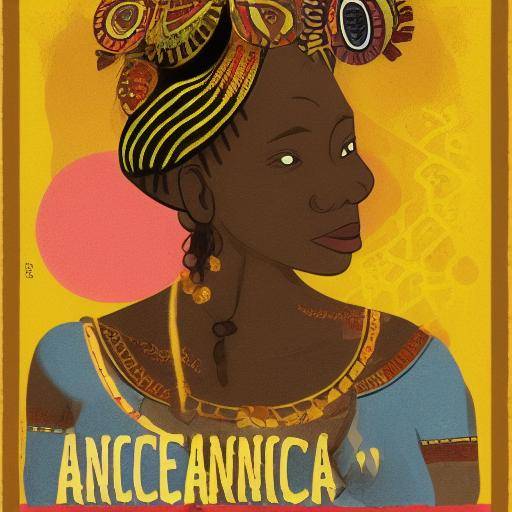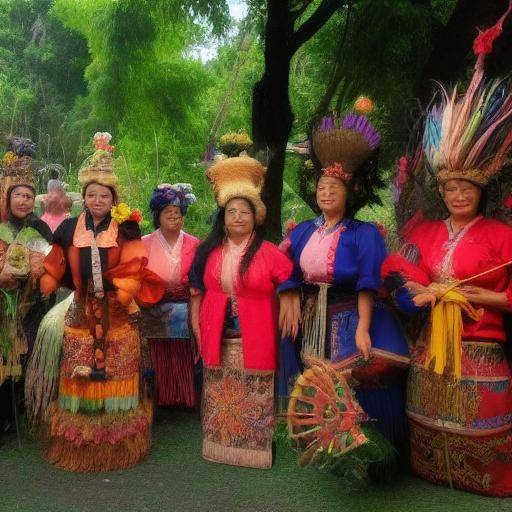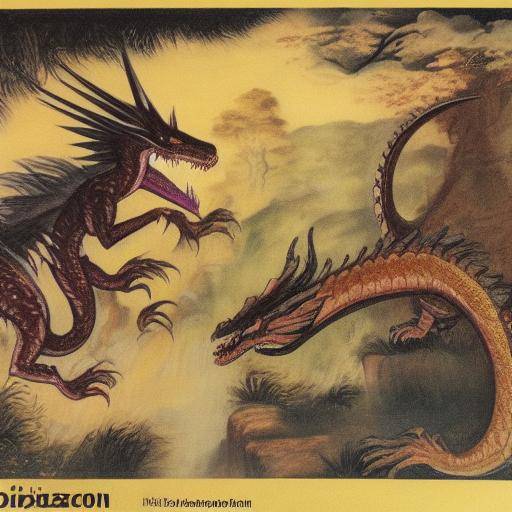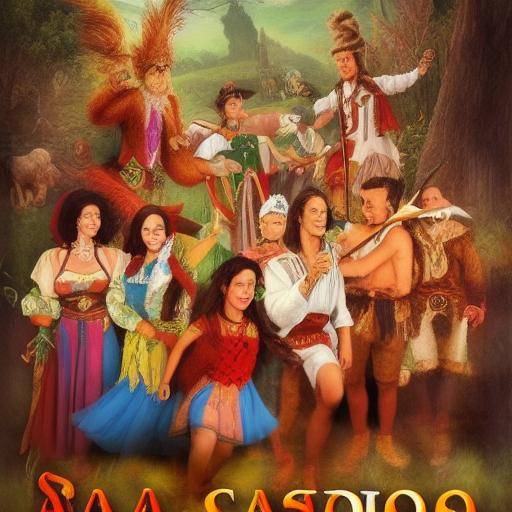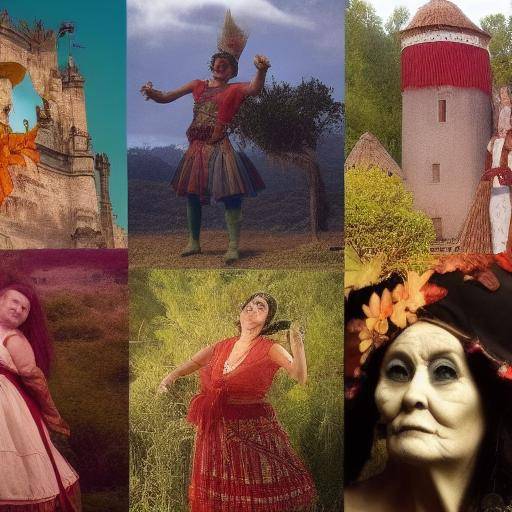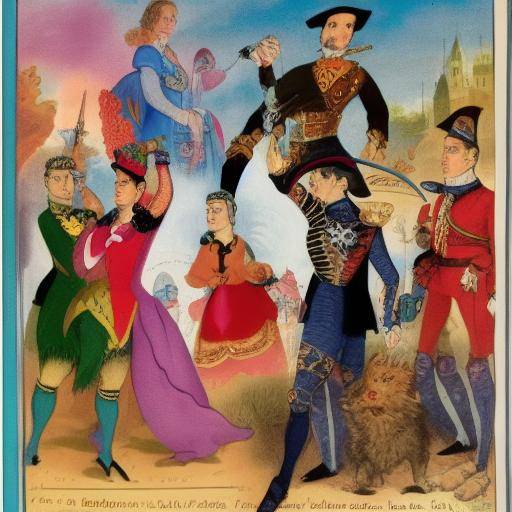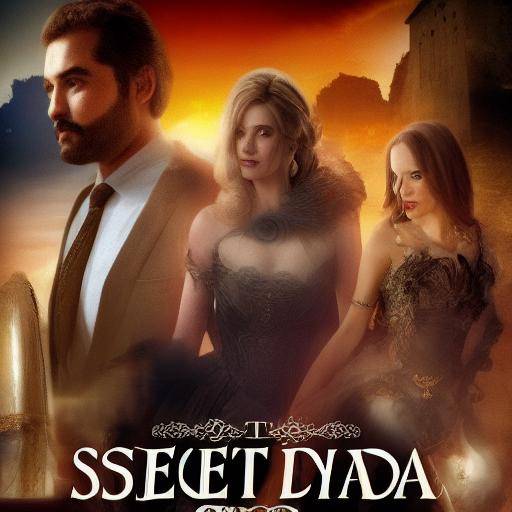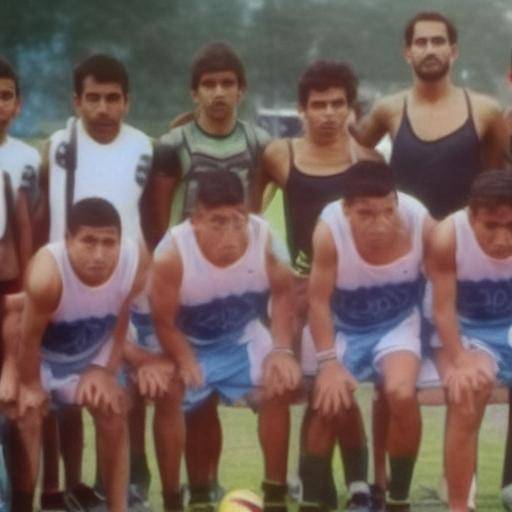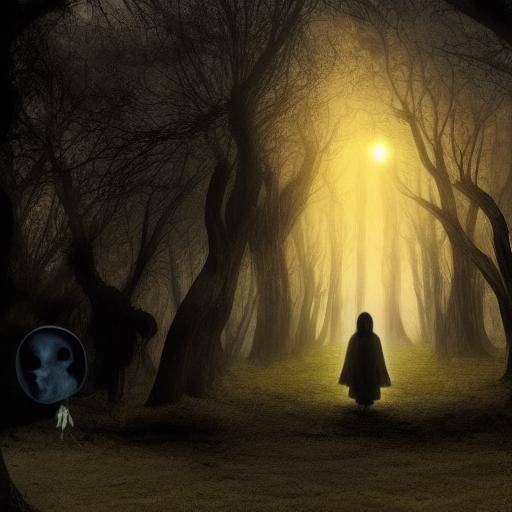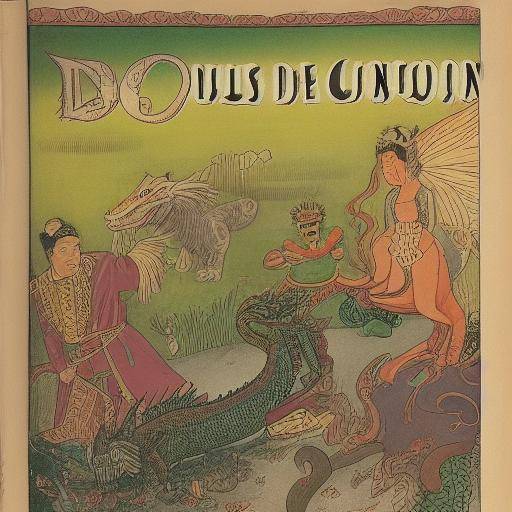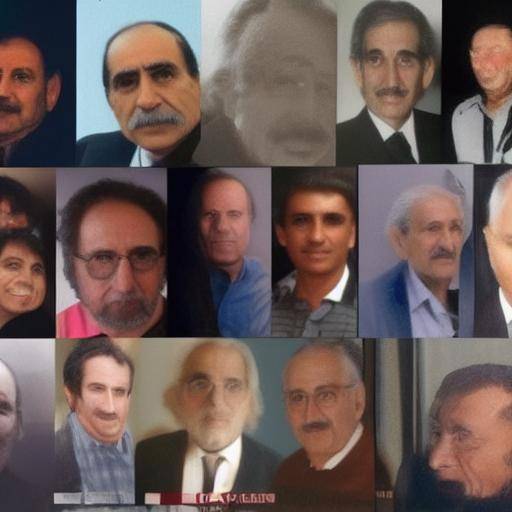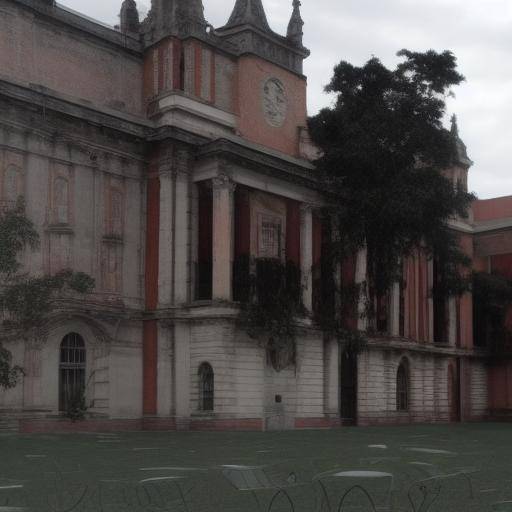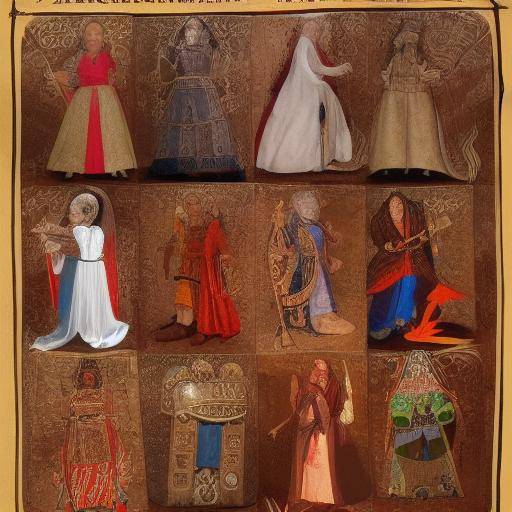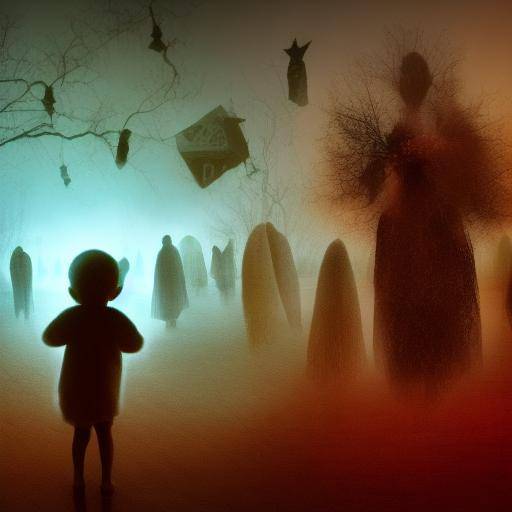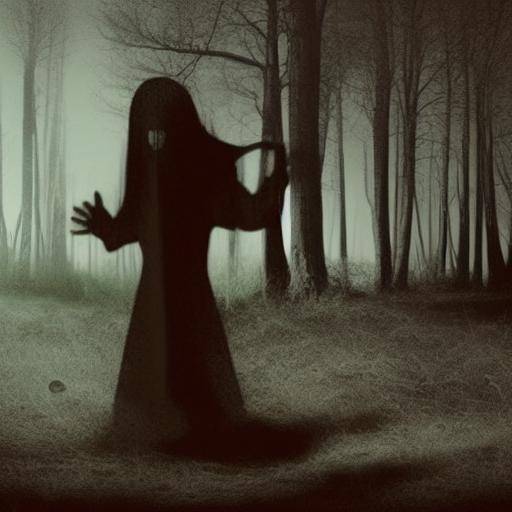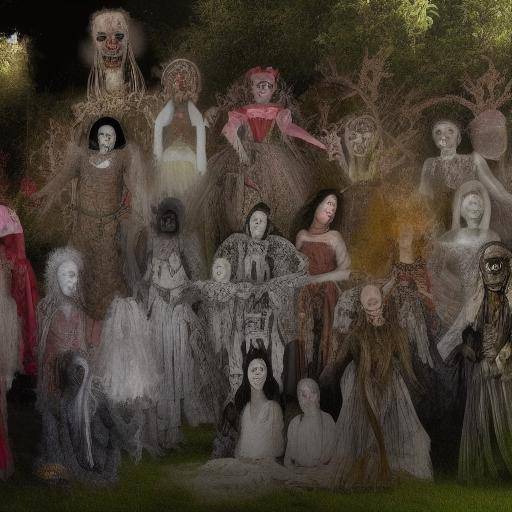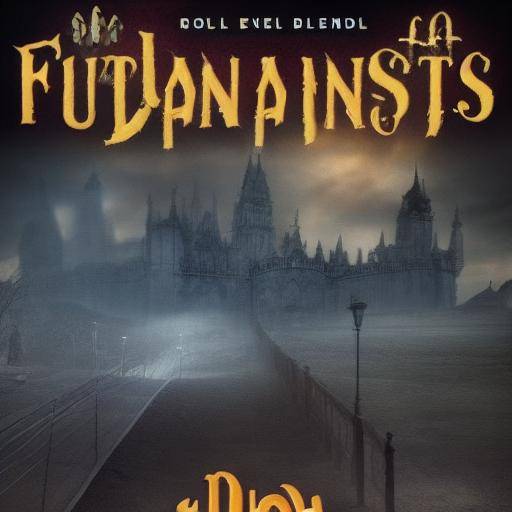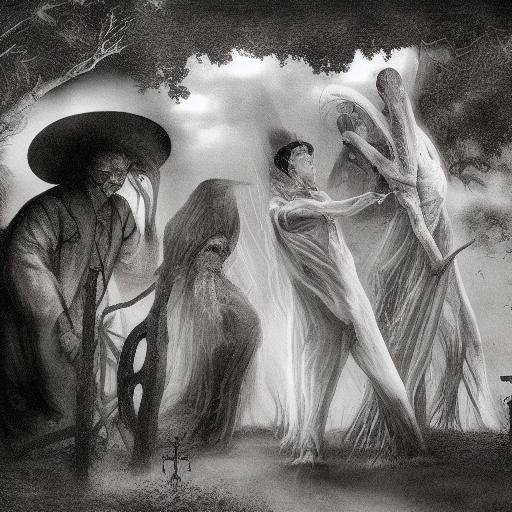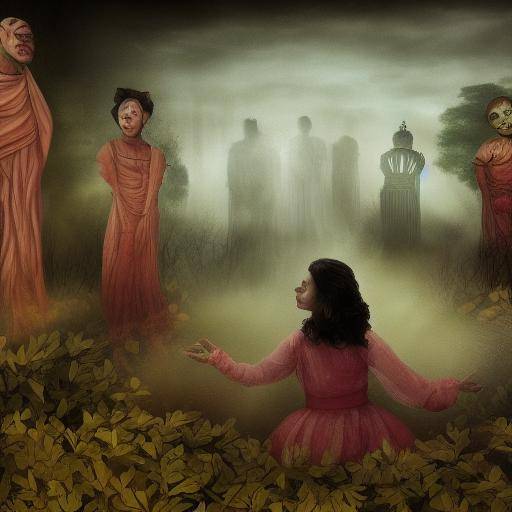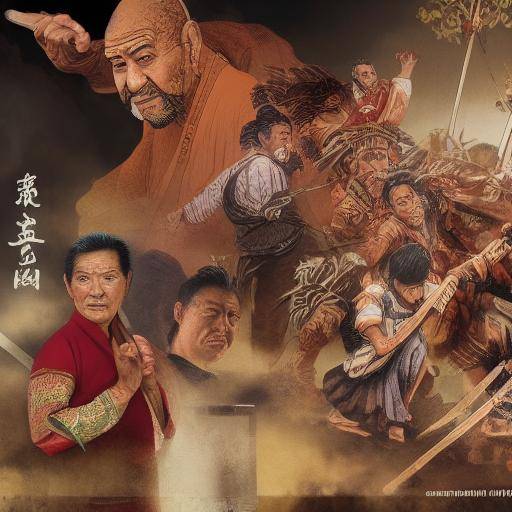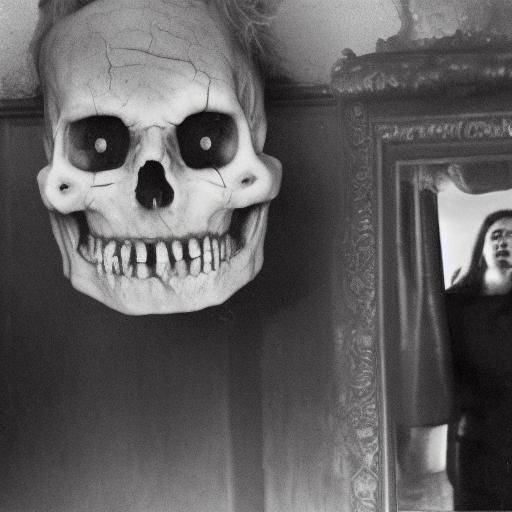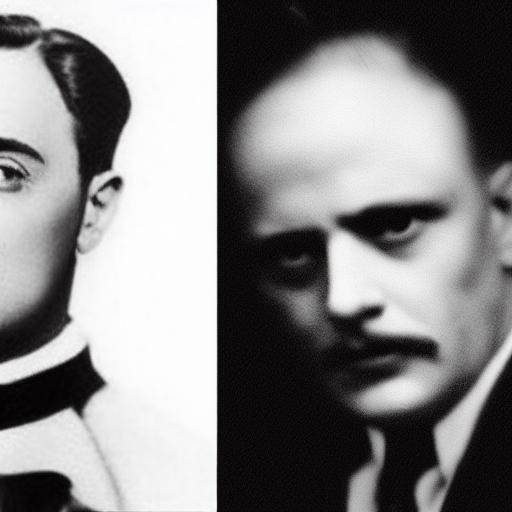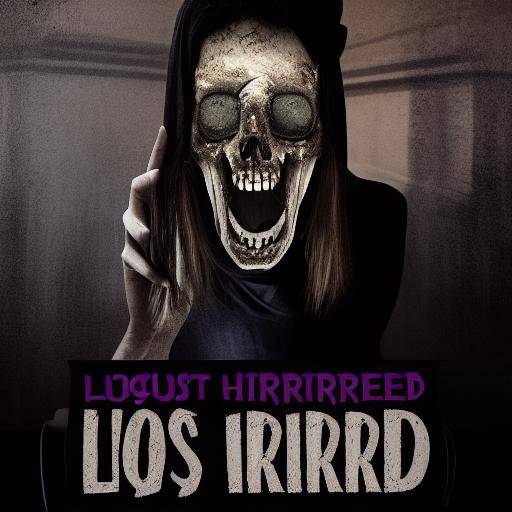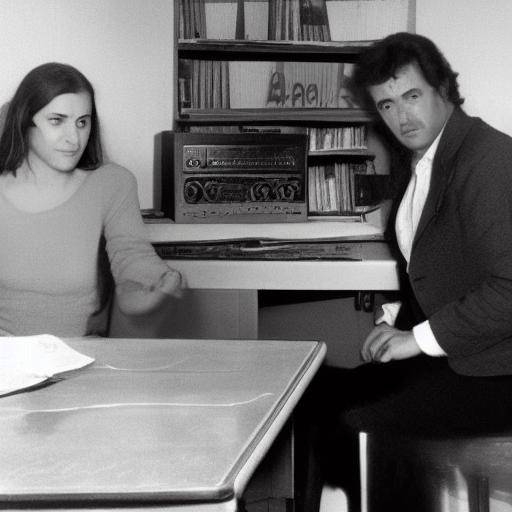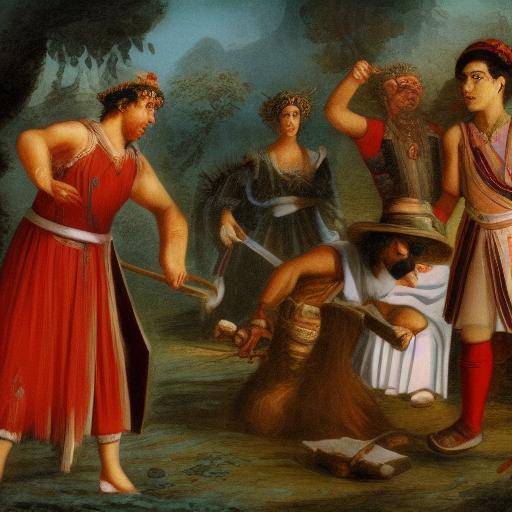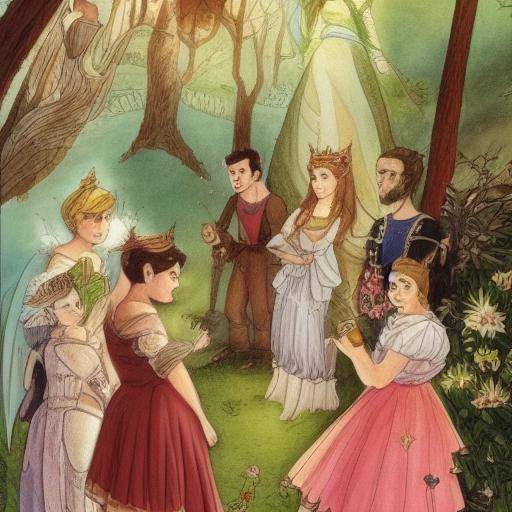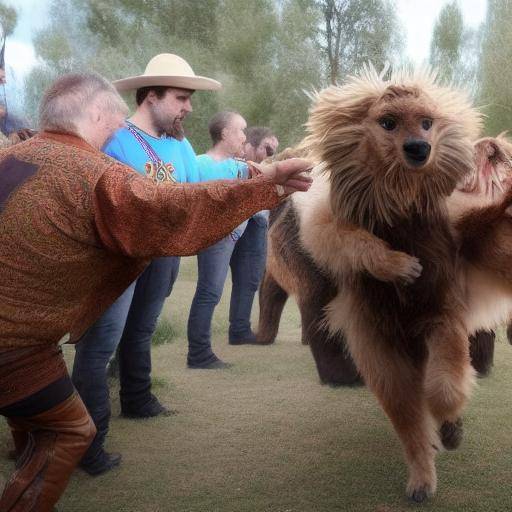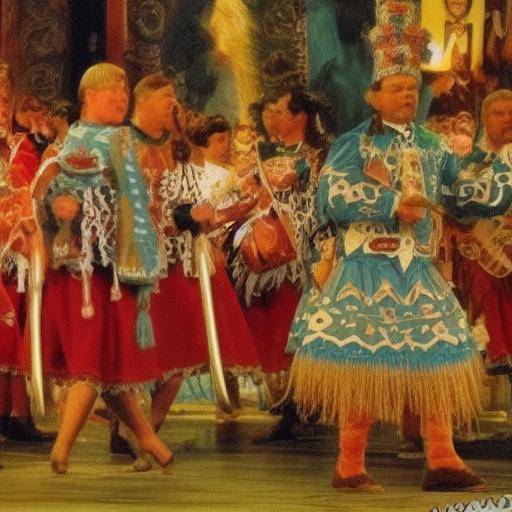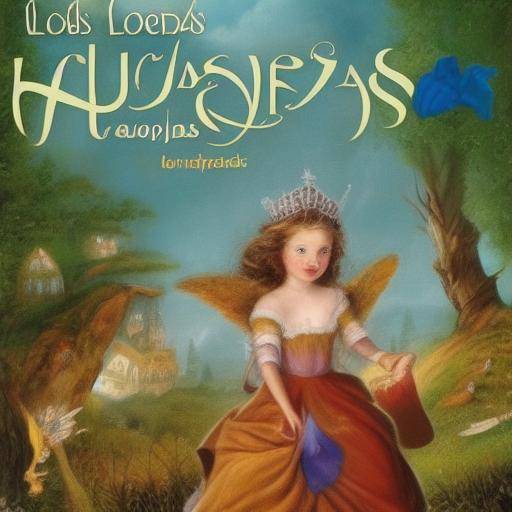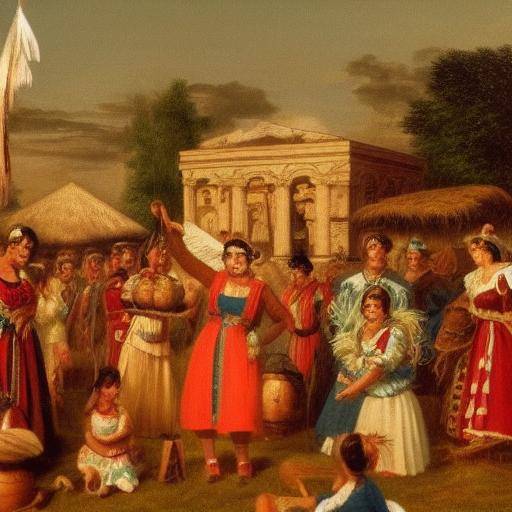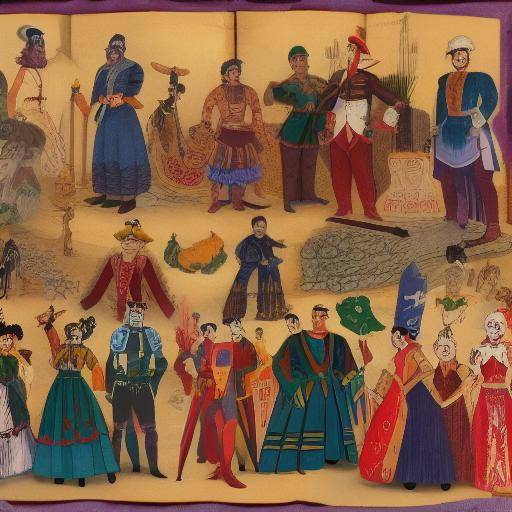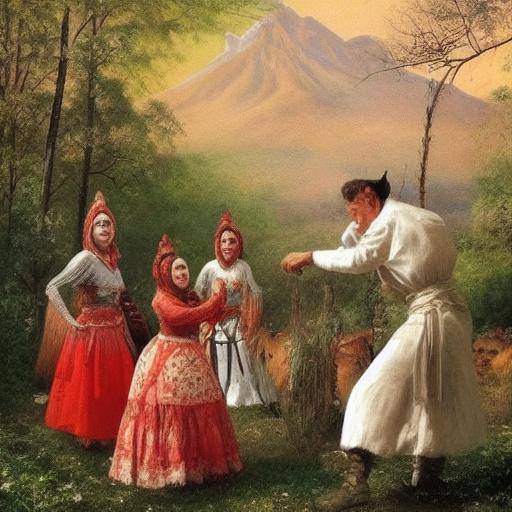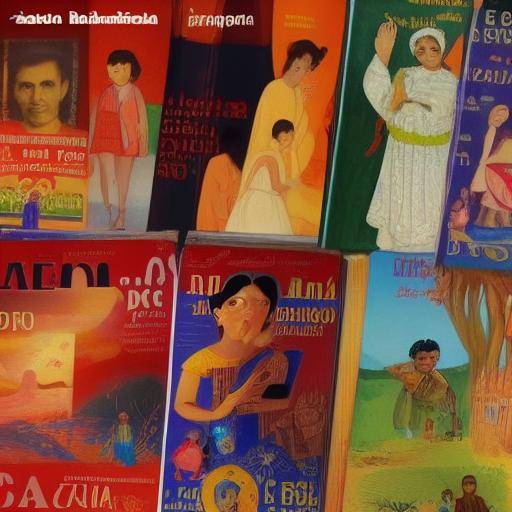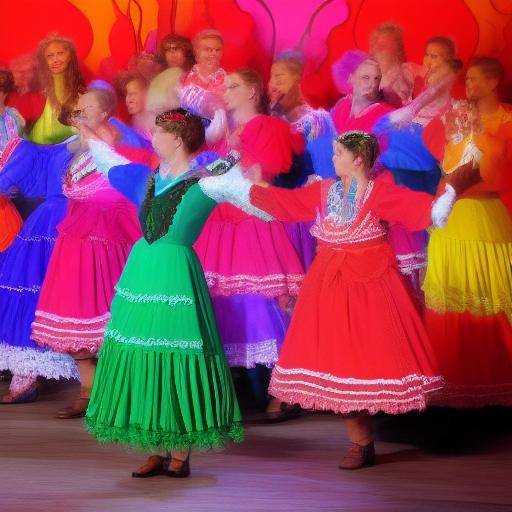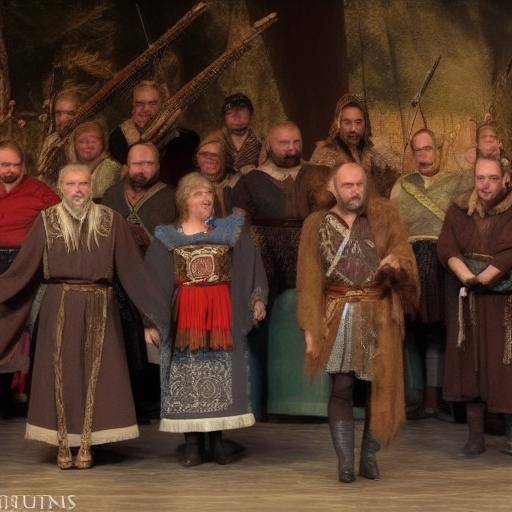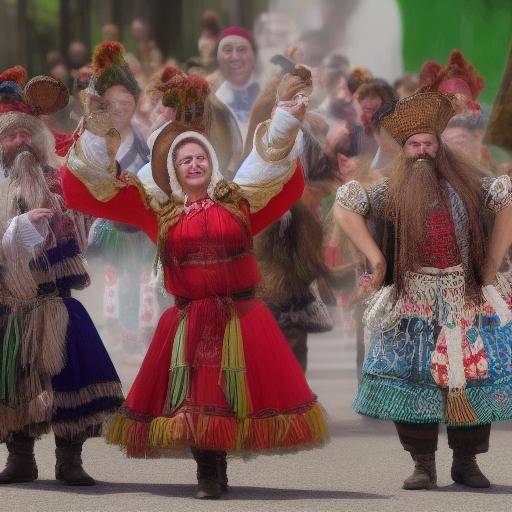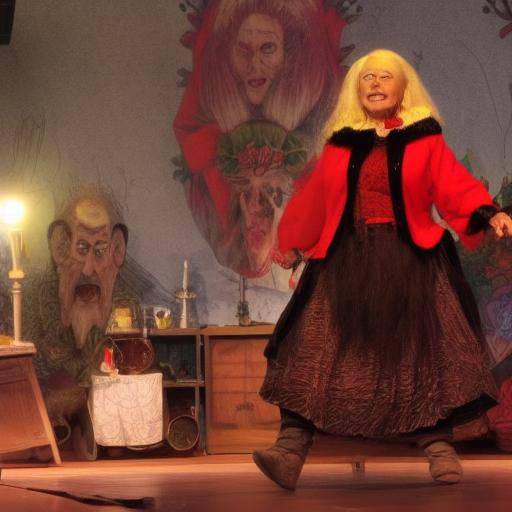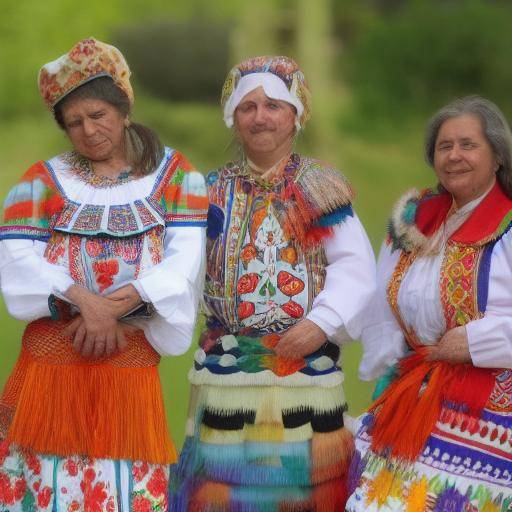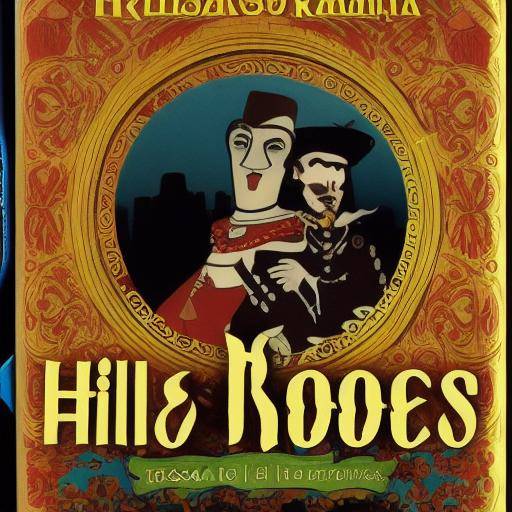
Russian folklore is a rich source of epic stories that have endured over the centuries. The stories of heroes and villains in the context of Russian folklore are imbued with magic, courage, and sometimes dark characters that challenge heroes. In this article, we will explore the fascinating stories of heroes and villains in Russian folklore, their historical and cultural relevance, and their impact on modern society.
Introduction
In the vast world of Russian folklore, heroes and villains occupy a central place. These stories not only entertain, but also convey values, traditions and cultural identity. From the brave Ilusha Morózovich to the sinister Kóschei the immortal, the Russian folklore is full of unforgettable characters whose exploits have captivated generations. In this article, we will explore the origins, evolution and validity of these stories, as well as their impact on contemporary society.
History and Background
Russian folklore has been shaped by a rich history and unique cultural diversity. Its roots go back to ancient times, where the stories of heroes and villains were transmitted from generation to generation orally. Over time, these narratives have been intertwined with Slavic traditions, Orthodox Christianity and the influences of other cultures, giving rise to a corpus of stories that reflect the complexity of the Russian soul and its vision of the world.
Russian heroism is manifested in figures such as Dobrynya Nikítich, a brave knight who personifies strength, nobility and honor. Their feats include the fight against evil dragons and monsters, making it an archetype of Russian bravery. On the other hand, figures like Kóschei the immortal represent the essence of evil and cunning, challenging the heroes with their ability to hide their soul and sow terror.
Deep analysis
The stories of heroes and villains in Russian folklore transcend the purely entertaining. These narratives reflect fundamental values of Russian society, such as courage, loyalty, justice and the struggle against evil. The conflict between heroes and villains in these stories serves as a metaphor for the moral and existential challenges facing humanity. In addition, these narratives have been studied by historians, anthropologists and literate, who see in them an invaluable source to understand the Russian mentality over the centuries.
From a contemporary point of view, the stories of heroes and villains in Russian folklore continue to resonate in popular culture, influencing literature, cinema, music and other artistic manifestations. This lasting legacy is testimony to the relevance and lasting impact of these stories on the daily lives of Russians and the collective imagination.
Comprehensive review
The stories of heroes and villains in Russian folklore have adapted to the changing historical and social circumstances, demonstrating their ability to evolve and continue to captivate new generations. The universal values embodied by Russian heroes transcend borders, resonating around the world and enriching global cultural heritage.
On the other hand, the villains, with their cunning and evil, awaken the interest of those who seek to understand the complexities of the human condition. His presence in Russian folklore not only offers entertainment, but also the opportunity to reflect on the dark aspects of the human psyche.
Comparative analysis
By comparing the stories of heroes and villains in Russian folklore with other cultural traditions, we reveal similarities and differences that enrich our understanding of human nature. While in some cultures heroes face specific challenges and enemies, in Russian folklore, heroes often face enemies that symbolize evil in their most abstract form, thus offering a unique vision of the struggle between good and evil.
Practical Tips and Accessible Recommendations
If you want to immerse yourself in the rich world of Russian folklore and learn more about their heroes and villains, consider exploring the works of classic authors like Aleksandr Pushkin and Nikolái Leskov, who have left an immortal legacy in Russian literature with their portraits of legendary characters. In addition, Russian cinema has adapted numerous folklore stories, offering another way of approaching these timeless stories.
In exploring these stories, it is important to take into account the historical and cultural context in which they emerged, as well as the influence they have had in Russian society over time. In addition, many of these stories contain moral teachings and life lessons that still echo today, so it is worth reflecting on their significance and relevance in the modern world.
Industry Perspectives and Expert Reviews
Russian folklore, with his stories of heroes and villains, has been the subject of study and admiration by experts in literature, folklore and anthropology. Their analysis revealed the complexity and symbolic wealth of these narratives, as well as their impact on the formation of Russian identity over the centuries. In addition, comparative studies between Russian folklore and other cultural traditions have shed light on their unique aspects and their contribution to world cultural heritage.
Case Studies and Real Life Applications
Inside and outside Russia, the stories of heroes and villains of Russian folklore have been a source of inspiration for artists, writers and filmmakers, leading to creative adaptations that keep their essence alive. These stories have found an echo in global popular culture, demonstrating its relevance and ability to captivate audiences from different latitudes. Likewise, the eternal lessons they offer about courage, courage and struggle against evil continue to resonate in contemporary society.
Future Trends and Predictions
As the globalized world continues to discover and appreciate Russian folklore, it is expected that the stories of heroes and villains will continue to attract the attention of new audiences around the world. Modern adaptations in different media, as well as efforts to preserve and spread these stories through digital platforms, will contribute to keeping this cultural legacy alive for future generations.
Conclusion
The stories of heroes and villains in Russian folklore are tes
Recent articles on technology also point out that the main role of software is based on two basic pillars. One of them is to find and exploit possible errors or flaws in the software both before and after its launch on the market; and the other is to prevent them by implementing a safe product design and code. In addition, modern software assumes an active role in the direct relationship with users. As a result of current research on the effectiveness of updated programs, we can say that citizens consider safe and error-free software a great advantage.

